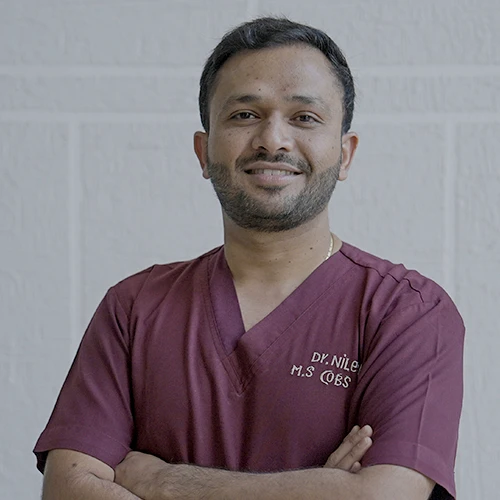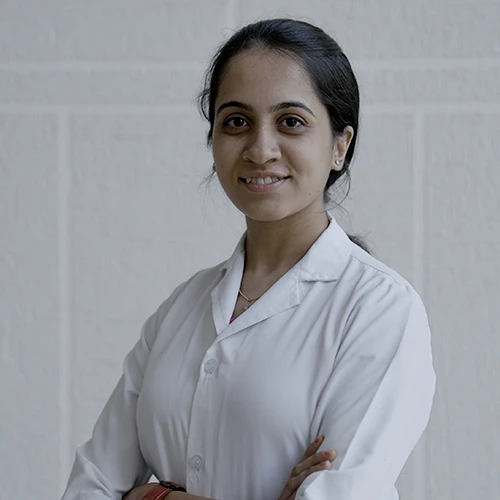General surgeons use surgical procedures to remove disease, repair injuries, and promote health and healing. They also perform diagnostic tests and provide guidance on the need for surgery. These doctors might be called on to perform surgery on almost any part of the body. But they typically focus on treating diseases and injuries of the abdomen, breasts, endocrine system glands, and digestive system organs.
In rural areas, where surgery specialists may not be available, general surgeons perform an even wider range of procedures. For example, not all hospitals have a surgical oncologist—a surgeon who specializes in cancer. When that’s the case, general surgeons perform many cancer surgeries, too.
Here is a look at some common surgeries general surgeons perform.
Appendectomy
An appendectomy is surgery to remove the appendix. Your appendix is a small pouch connected to your large intestine. An appendectomy cures appendicitis, which is an infection or inflammation of the appendix. Doctors also perform this surgery for tumors of the appendix.Breast Surgery
If doctors suspect breast cancer, breast surgery may be necessary. Breast surgery can also treat non-cancerous tumors that are distorting or causing problems in the breast. Some of the most common breast surgeries include:- Breast biopsy to remove a small piece of breast tissue to see if cancer is present.
- Lumpectomy to surgically remove a tumor from the breast. Other names for this procedure include partial mastectomy, breast-conserving surgery, and wide excision.
- Mastectomy to surgically remove one or both breasts. This surgery most commonly treats breast cancer. Doctors sometimes also recommend it as a preventive measure for women at high risk of breast cancer.
Colon and Rectal Surgery
Doctors perform surgery on the colon and rectum to treat a wide variety of conditions, including bowel obstruction, cancer, Crohn’s disease, diverticulitis, injury, and hemorrhoids. Common colon and rectal surgeries include:- Colectomy, also called colon or bowel resection, removes all or part of the colon, or large intestine. Colectomy requires an incision in the abdomen. Most people spend a few days to a week in the hospital after surgery. Full recovery may take several weeks.
- Colostomy is surgery to connect the colon to an external opening in the abdomen called a stoma. People who have a colostomy excrete stool through the colostomy into a special bag, instead of from the rectum. A colostomy may be temporary or permanent, depending on the condition of the colon and the patient’s health.
- Hemorrhoidectomy removes hemorrhoids, sometimes called piles, which are swollen, inflamed blood vessels in the anus and rectum. Most hemorrhoids respond to lifestyle changes and medication. Large, severe or persistent hemorrhoids may need surgery.
Esophageal Surgery
Your esophagus is the hollow tube that runs from your mouth to your stomach. Because the esophagus plays a crucial role in the digestive process, esophageal problems can affect nutritional intake and overall quality of life. Many esophageal diseases can be treated with medication, but some require surgical treatment. Common esophageal surgeries include:- Acid reflux surgery, or fundoplication, treats GERD (gastroesophageal reflux disease). GERD occurs when the muscles of the esophagus do not close the opening to the stomach tightly enough. Acid reflux surgery involves wrapping the upper part of the stomach around the bottom of the esophagus to tighten the stomach opening.
- Esophagectomy removes all or part of the esophagus. Doctors primarily use esophagectomy to treat esophageal cancer and Barrett’s esophagus—a precancerous condition.
- Excision of an esophageal lesion removes a growth or suspicious area inside your esophagus. If the growth is small and has not extended into the wall of the esophagus, a surgeon may be able to remove it with a minimally invasive surgery.
Gastroenterology Procedures
General surgeons perform a variety of procedures to diagnose and treat gastrointestinal (GI) disorders. They can perform:- Upper GI endoscopy, also known as EGD or esophagogastroduodenoscopy, is a diagnostic test. During this procedure, doctors use an endoscope—a thin, lighted tube with a camera on the end—to see the inside of your upper GI tract.
- Gastric bypass surgery treats morbid obesity. There are different surgical approaches to gastric bypass. All involve making the stomach smaller or altering the anatomy of the stomach and intestines so food travels more quickly through the body.
- Liver biopsy removes a small amount of liver tissue, which is then sent to a laboratory for analysis. Liver biopsies help rule out or diagnose liver disease.
Gallbladder Removal
Gallbladder removal—cholecystectomy—is surgery to remove the gallbladder. The gallbladder is an organ involved in digestion. It holds the fluid (bile) that your liver makes to help break down fat. Cholecystectomy treats gallstones, gallbladder inflammation or infection, and gallbladder cancer.Hernia Repair
Hernia repair is the surgical correction of a hernia. A hernia occurs when an organ or other structure protrudes through a weak area in tissue or muscle. Hernias can bulge into the chest, thigh, groin, or belly button and cause a visible lump. During a hernia repair, surgeons put the protruding organ back in place, then fix the weakened area of muscle or tissue.Varicose Vein Removal
A general surgeon can remove thick, twisted varicose veins that bulge through the skin. This common condition usually affects the feet and legs. Varicose veins can be painful and can sometimes increase the risk for blood clots and skin sores. Today, doctors often use a procedure that removes the swollen veins through one or more small incisions.Thyroid Removal
Your thyroid gland is located at the bottom of the front of your neck. This gland makes hormones that are important for metabolism. Certain diseases can affect the thyroid gland. It could become enlarged, making it hard to breathe or swallow. It could also be overactive and make too much of a certain hormone. Cancer is the most common reason for thyroid gland surgery. Depending on your condition, a general surgeon may remove all or part of your thyroid. If the entire thyroid is removed, you’ll need to take synthetic hormones to replace the ones made by the gland.Spleen Removal
Your spleen is an organ located next to your stomach on the left side of your body. It has several important jobs. It destroys damaged blood cells. It helps prevent infection. It also plays a role in helping your blood clot properly. An enlarged spleen can’t perform these functions like it should. This increases your risk for infection. And an enlarged spleen could burst and cause dangerous internal bleeding. A general surgeon has the training to remove the spleen when necessary.Wound Repair
Many wounds heal with time or with medical treatment. More serious wounds may require the attention of a surgeon. The goal of wound repair is to help with healing and improve the appearance of the wound after it heals. Stitches are a form of wound repair. The use of skin grafts to cover wounds and aid in healing is another form. Some wounds, especially deep wounds and dirty wounds, require debridement, or the removal of dead tissue and foreign substances. Surgical debridement cuts out the damaged tissue, leaving behind healthy tissue that can heal.
Dr. Sagar Shah
MS GENERAL & LAPAROSCOPIC SURGEON
Skip The Waiting Room!
Register Online Before You Arrive.
We have up to date schedules, contact information, & let you book appointments online.
Here are industry experts who can help you

Dr. Zeel Patel
MD – MEDICINE

Dr. Bhavik Ahir
MS-ORTHO., F.A.S.M.

Dr. Nilesh Dhakadiya
MS- OBS & GYNEC

Dr. Vijay Yogi
MDS-ORTHODONTIST & DENTOFACIAL ORTHOPAEDICS

Dr. Krimi Shah
MDS – PERIODONTIST & IMPLANTOLOGIST
Need some advice from our experts?
Request a Call Back Today Now!
We will make a single attempt to contact you from a withheld number, usually within 24 hours of your request.

